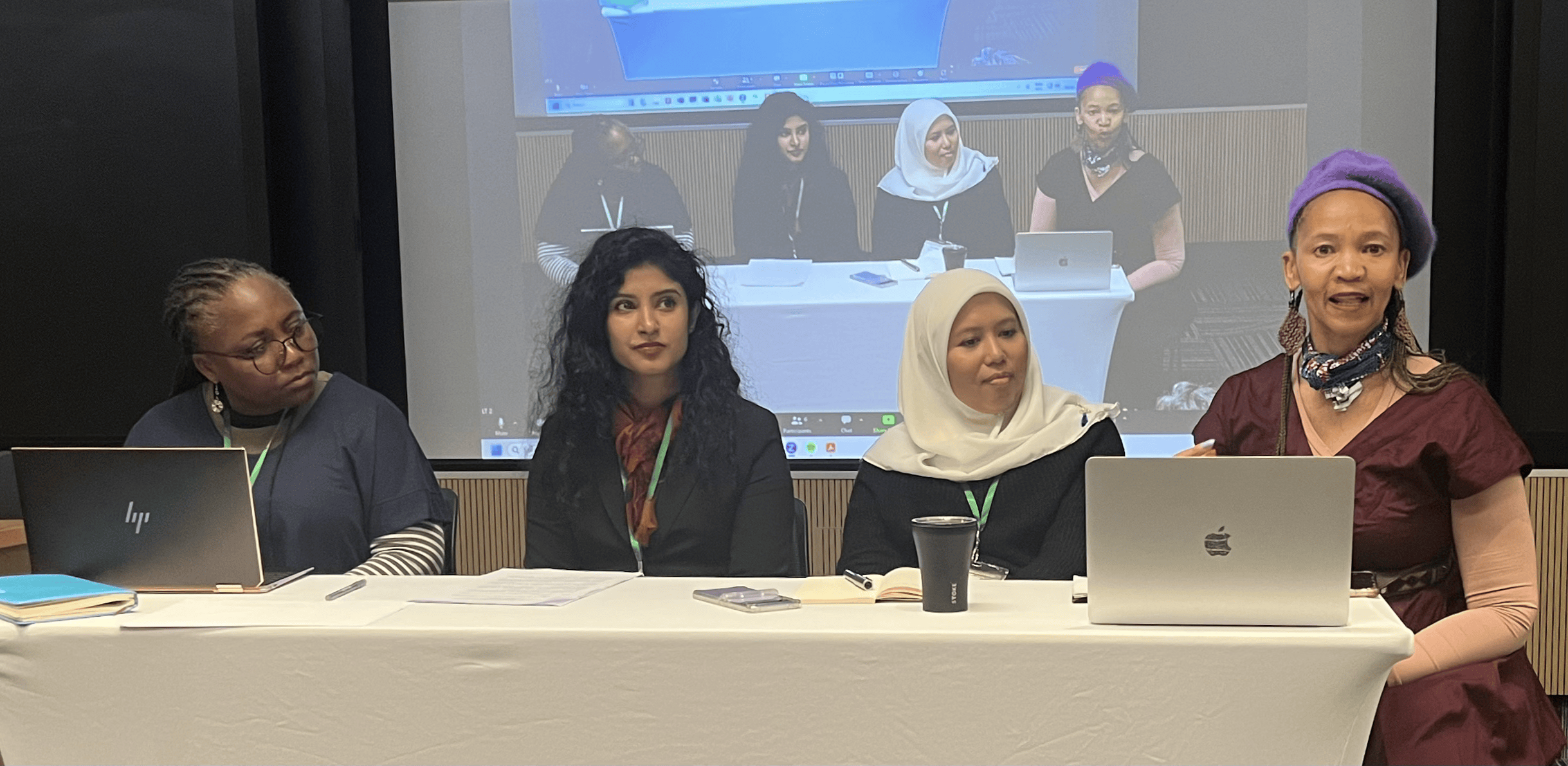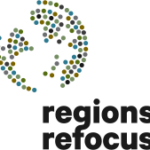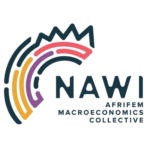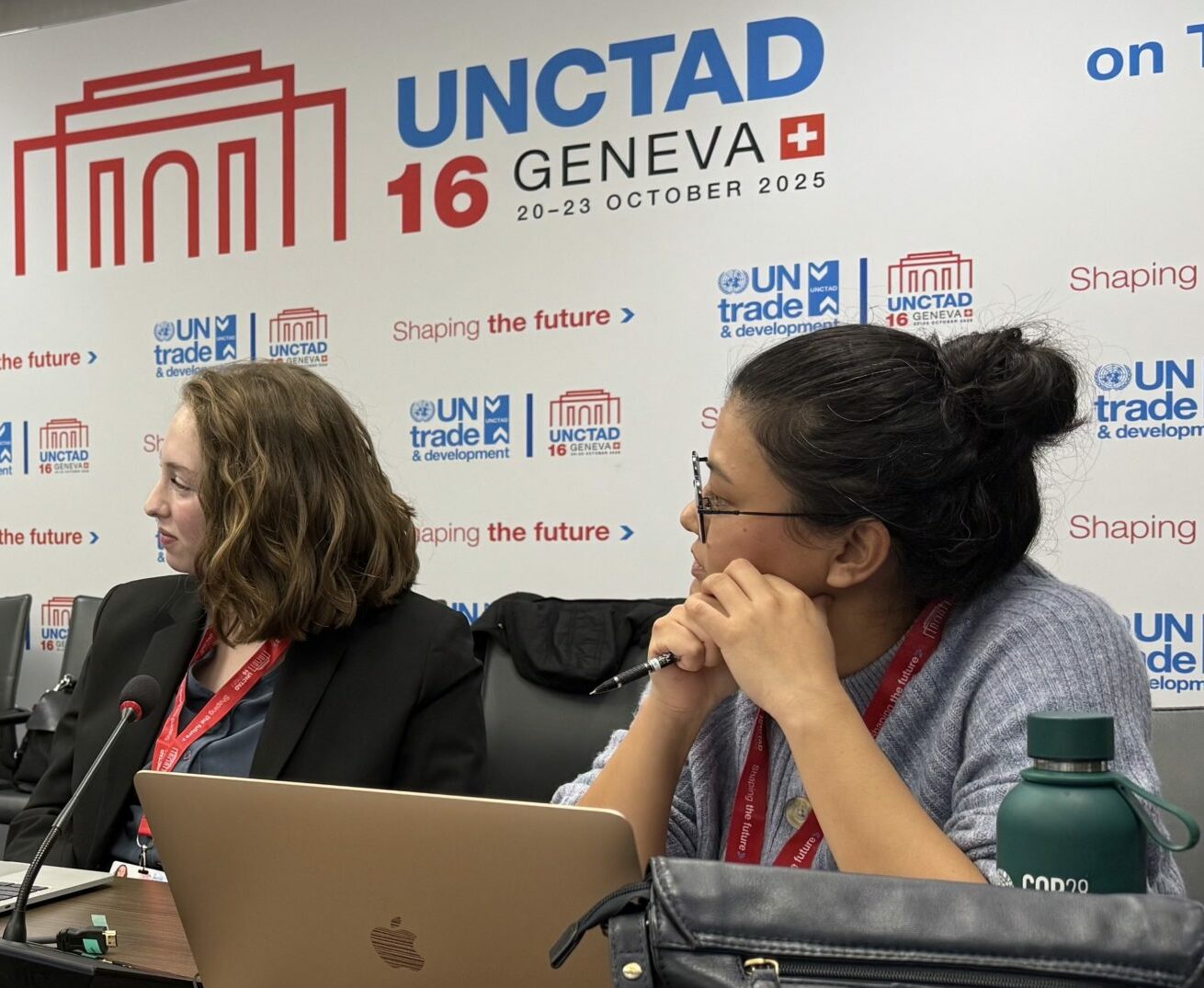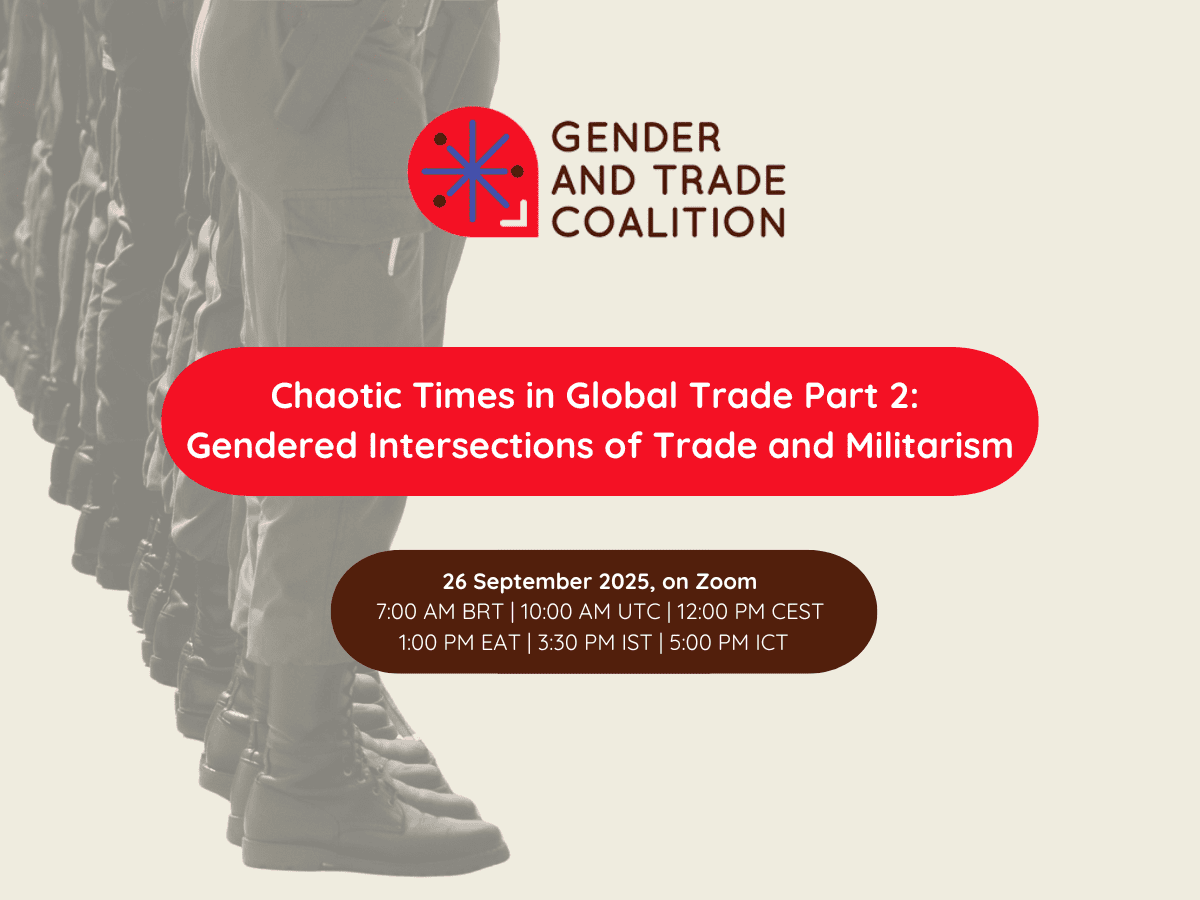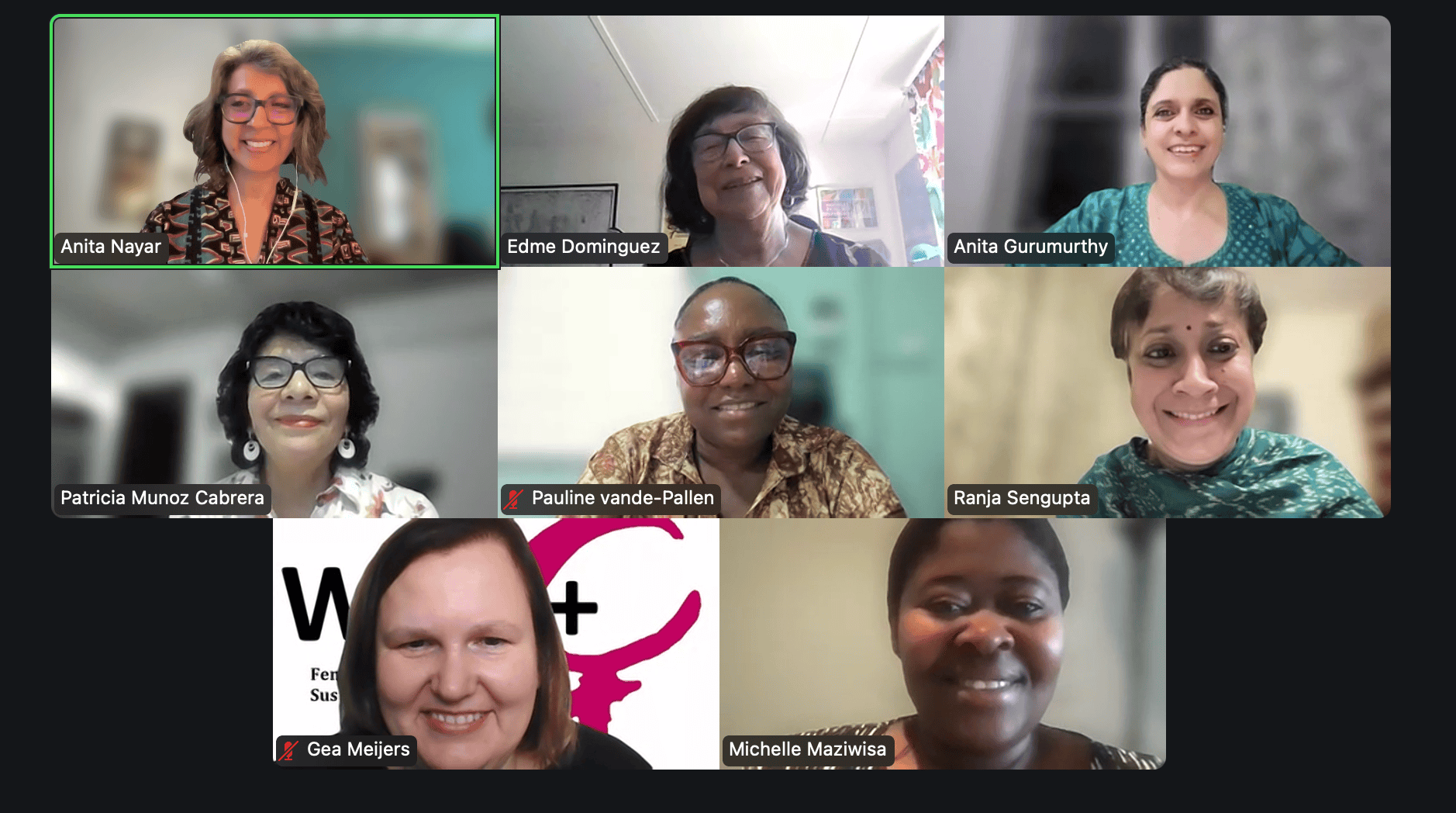This GTC roundtable ignited a discussion envisioning feminist alternative trade systems, including agrarian tranformation, mineral-based development, corporate accountability, post-conflict recovery, and climate justice. Globally, there are over 3000 bilateral or multilateral agreements that govern global trade and investment beyond those agreed under the World Trade Organisation (WTO). These agreements have forced countries to open their markets allowing for the unhindered flow of global capital, remove tariffs–a huge source of domestic revenue and therefore public expenditures–and limit national policy space to regulate the flow of goods and capital, support domestic production, or protect public interests. As a result, public services–water, health, education, and energy–are subject to commercialisation and privatization. Alongside this, the Investor State-Dispute Settlement (ISDS) provisions allow corporations to sue countries in secret tribunals over any policy that infringes on their ‘expected’ profits and investments. While the international trade regime has been historically blind to its gendered impact, it is slowly being compelled to address the issue after several decades of feminist campaigning. In the WTO, however, gender is being deployed to advance further liberalization in new areas–services, e-commerce, government procurement, and foreign investment–without acknowledging the negative impact of current trade rules on women’s human rights. This appears to dovetail global North countries promoting feminist foreign policy agendas that mostly miss the mark of what feminist movements demand. Feminist alternative trade systems would aim to promote international trade and exchange based on solidarity and complementarity, striking a balance between respect for national sovereignty and domestic policy space alongside state obligations under multilateral human rights norms. Such an approach would be guided by equality, democracy, and human rights, requiring the regulation of the corporate sector–whether financial, digital, big pharmaceutical or agro-business. It whould also advance genuine agrarian reform, tackle the climate crisis, and promote domestic industries.
Moderated by Liepollo Pheko (Women in Migration Network) speakers included Senani Dehigolla (Regions Refocus), Ranja Sengupta (Third World Network), Pauline Vande-Pallen (Third World Network–Africa), Mariama Williams (Institute of Law and Economics), and Diyana Yahaya.
